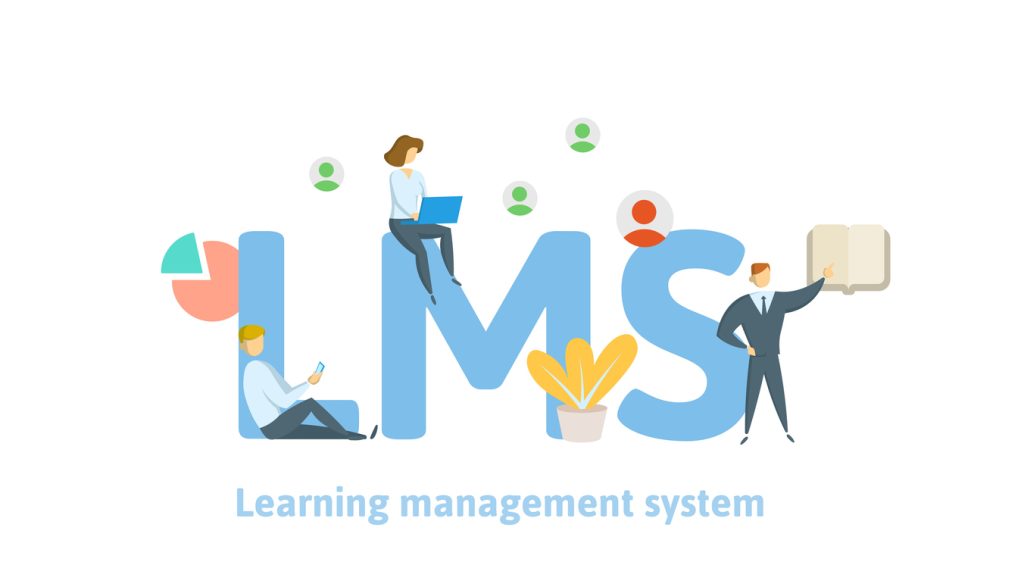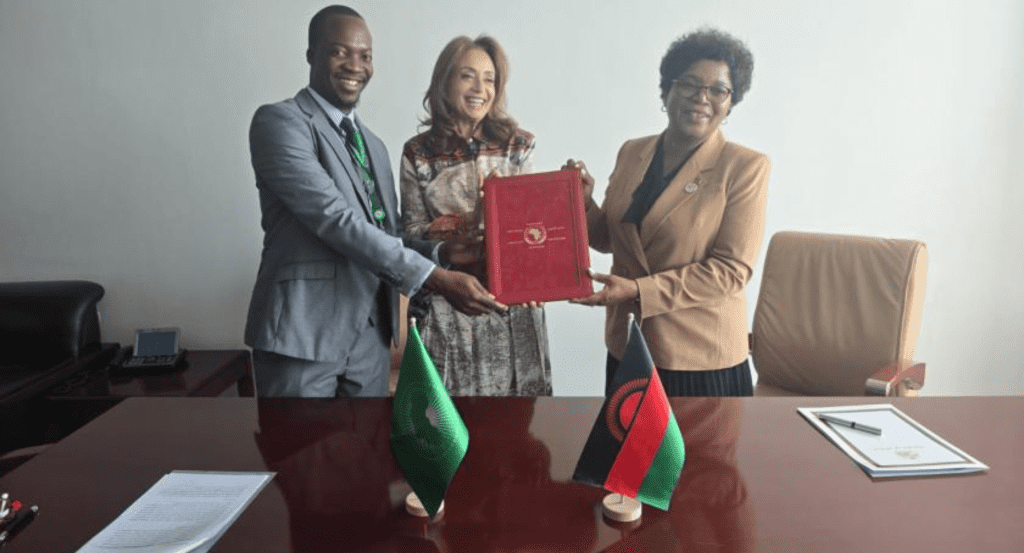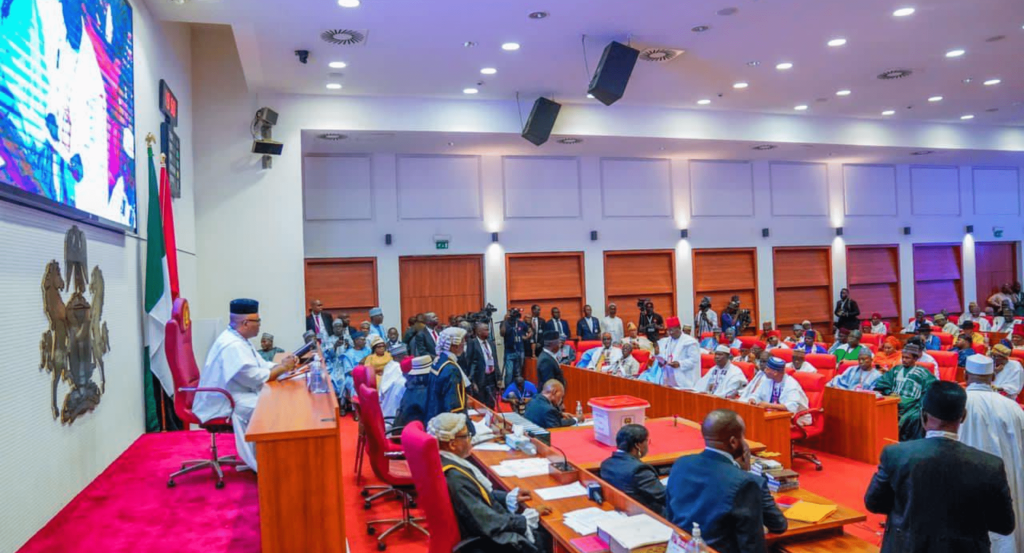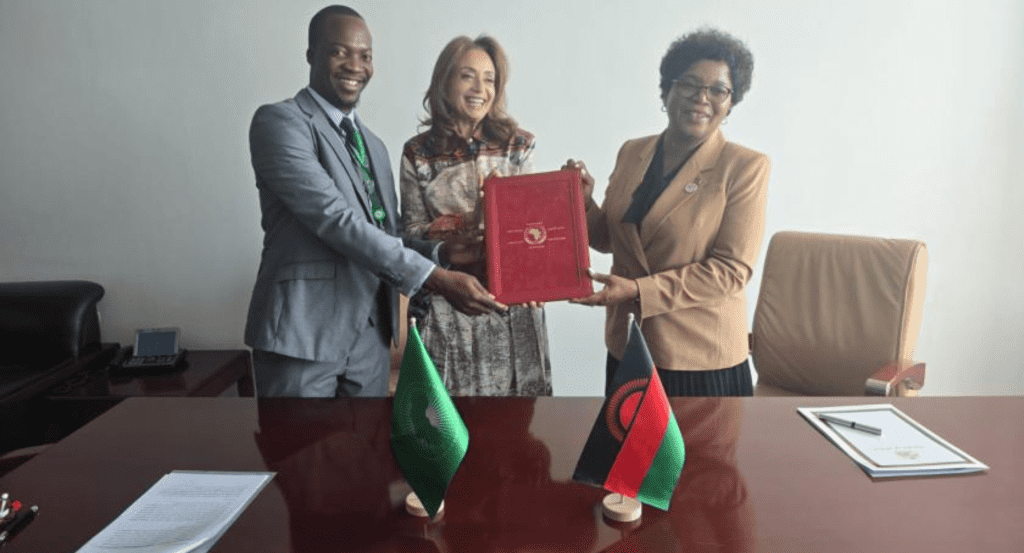With the rapid adoption of digital education across the globe, African schools have also embraced Learning Management Systems (LMS) to improve teaching and learning processes. LMS platforms offer schools a central hub where teachers can create, manage, and deliver educational content to students online or in hybrid formats. These platforms also track student progress, facilitate communication, and offer online assessments, making them essential tools in modern education. Below are some of the best LMS platforms for African schools that are transforming learning environments.
Why LMS Platforms Are Critical for African Schools
- Bridge access gaps: Many LMS solutions are designed to function in low-bandwidth environments, ensuring accessibility for students in remote areas.
- Promote blended learning: LMS tools combine both physical and virtual classrooms, fostering flexibility in education.
- Support teacher-student collaboration: Real-time messaging, forums, and collaborative tools keep students connected with teachers outside the classroom.
Top Learning Management Systems for African Schools
1. Moodle
Moodle is one of the most widely used LMS platforms worldwide, known for its open-source, customizable features. Many schools in Africa have adopted Moodle because it supports multiple languages, and its lightweight interface works well even with limited internet access.
- Features: Course management, assessments, reporting tools, discussion forums
- Best For: K-12 schools and universities
- Key Benefit: Highly flexible and free to use, with plugins available for expanded functionality.
2. Google Classroom
Google Classroom offers an easy-to-use, cloud-based platform that integrates seamlessly with other Google tools like Docs, Drive, and Meet. This platform enables teachers to create and assign coursework, while students can submit assignments and receive grades in real-time.
- Features: Assignment tracking, Google Meet integration, announcements, and collaborative tools
- Best For: Schools with access to Google Workspace
- Key Benefit: Works well on mobile devices and low-infrastructure environments.
3. Canvas LMS
Canvas LMS provides a user-friendly experience with powerful features that support K-12 and higher education. The platform offers integrated analytics, mobile access, and multi-language support, making it suitable for schools across Africa.
- Features: Course creation tools, analytics, discussion forums, and app integrations
- Best For: Institutions offering blended or remote learning
- Key Benefit: Interactive dashboards and comprehensive analytics help teachers track student performance.
4. Eneza Education
Eneza is an SMS-based learning platform designed specifically for low-income communities across Africa. Though it primarily provides revision materials and quizzes, its LMS capabilities enable teachers to track student progress and assign tasks remotely.
- Features: SMS quizzes, mobile content delivery, offline access
- Best For: Schools in remote areas with limited access to internet
- Key Benefit: Designed for basic phones and offline use, making it highly accessible.
5. Edmodo
Edmodo provides a collaborative learning environment where teachers can share resources, track student engagement, and facilitate discussions. With a social-media-like interface, Edmodo makes learning fun and interactive, allowing students to engage with both teachers and peers.
- Features: Assignments, quizzes, polls, and teacher-parent communication
- Best For: K-12 schools
- Key Benefit: Easy to set up and promotes parental involvement in learning.
6. Schoology
Schoology is a popular LMS designed to facilitate course management, student assessments, and personalized learning paths. It supports both blended and remote learning, making it an excellent option for African schools with evolving teaching methods.
- Features: Interactive course creation, grade books, and online assessments
- Best For: Secondary schools and universities
- Key Benefit: Supports personalized learning paths tailored to individual student needs.
7. Kolibri
Kolibri is an open-source, offline learning platform developed specifically for low-connectivity environments. It offers access to a vast library of educational content, including videos, textbooks, and quizzes, making it suitable for schools in rural African communities.
- Features: Offline access, content library, multi-language support
- Best For: Schools with limited internet access
- Key Benefit: Fully functional without internet, supporting equitable access to quality education.
8. DigiSchool Africa
DigiSchool Africa is a local African LMS platform that focuses on digitizing classrooms and promoting e-learning across the continent. It offers tools for course management, online testing, and video lessons, helping schools transition smoothly to digital education.
- Features: Course content, quizzes, and virtual classrooms
- Best For: Primary and secondary schools
- Key Benefit: Designed specifically for African schools, addressing local education challenges.
What to Consider When Choosing an LMS for African Schools
- Internet Connectivity: Platforms like Eneza Education and Kolibri are ideal for schools with limited access to the internet.
- Mobile Compatibility: LMS platforms should work seamlessly on mobile phones to reach students who lack computers.
- Customization: Schools may need platforms like Moodle that offer custom plugins and themes tailored to their curriculum.
- Language Support: LMS solutions with multi-language support are essential for schools in regions with diverse languages.
- Cost: Many African schools rely on free or low-cost solutions, making platforms like Moodle and Google Classroom highly attractive.
Impact of LMS Platforms on African Education
The adoption of LMS platforms in Africa has revolutionized education by:
- Reducing the digital divide between urban and rural schools through accessible mobile-based platforms.
- Facilitating hybrid learning models that allow students to continue their education even during disruptions like the COVID-19 pandemic.
- Enhancing student engagement through interactive quizzes, forums, and multimedia content.
- Empowering teachers with tools to monitor student progress and adapt teaching methods accordingly.
Conclusion
Learning Management Systems are transforming education across Africa, providing schools with essential tools to enhance teaching and learning. Whether it’s the flexibility of Moodle, the offline capabilities of Kolibri, or the accessibility of Google Classroom, these platforms are bridging the educational gap and helping students achieve academic success. With the right LMS in place, African schools are better positioned to meet the challenges of modern education and prepare students for the future.



























